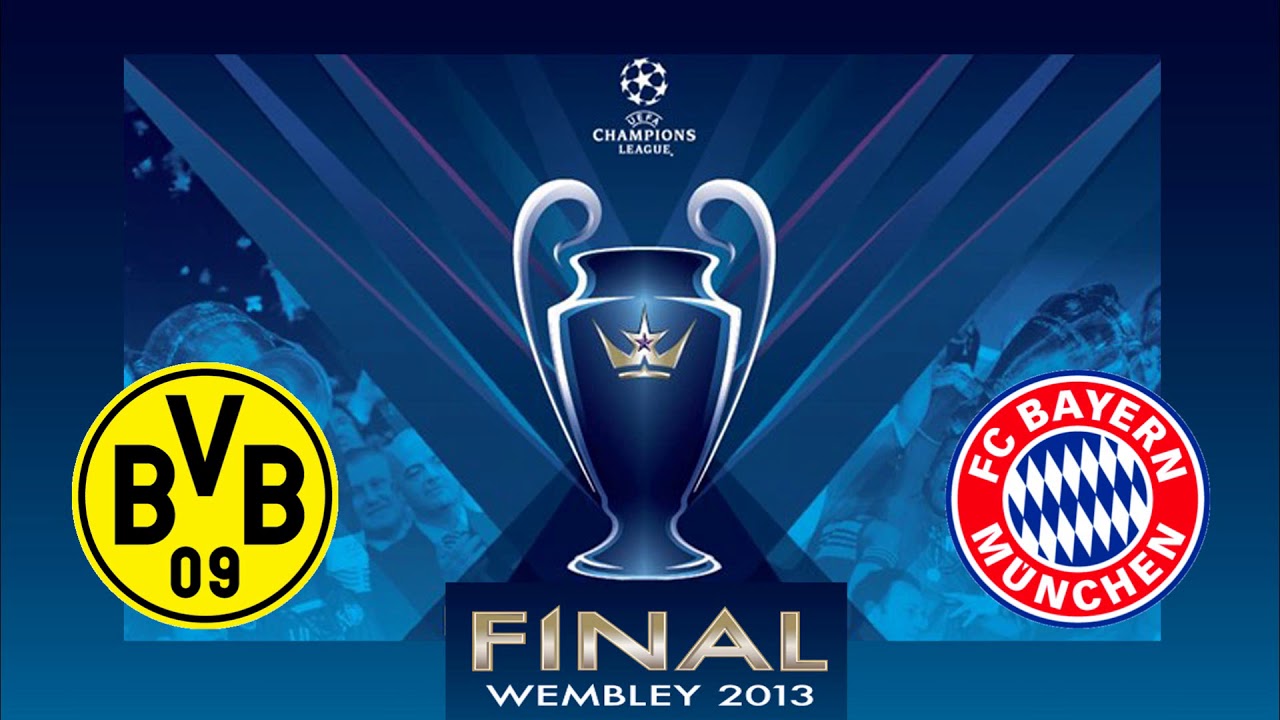
In a move that signals a significant shift in how one of the world`s most prestigious sporting events is presented, UEFA has announced a fundamental change to the kickoff time for its Champions League final. Fans, traditionally accustomed to the floodlit spectacle unfolding under the evening sky, will soon witness the climax of European club football bathed in natural light. This isn`t merely a tweak to the schedule; it`s a strategic recalibration designed to elevate the entire event experience, moving beyond the traditional late-night drama to embrace a broader audience.
The Clock`s New Command: An Earlier Start for the Grand Finale
The much-anticipated 2026 final, slated for Budapest`s Puskas Arena, will break from tradition, kicking off at 6 p.m. local time (12 p.m. ET) instead of the customary 9 p.m. While the immediate focus is on this specific edition, the implications for future finals are palpable. This earlier slot transforms a late-night affair into a daylight event, aiming to resolve several logistical quandaries that have long plagued post-match proceedings and fan mobility.
Beyond the Whistle: Crafting a Superior Fan Journey
UEFA`s rationale for this temporal shift is firmly rooted in enhancing the “overall matchday experience.” For the legions of traveling supporters, the benefits are immediately apparent. Imagine the relief of navigating public transport systems not at the stroke of midnight, but in the early evening. The journey back from the stadium becomes safer, more convenient, and significantly less fraught with the challenges of late-night travel. This thoughtful consideration extends to families and children, for whom a 9 p.m. kickoff often meant an impossible choice between attending the biggest match of the season and a reasonable bedtime. Now, the dream of watching Europe`s elite in action becomes a tangible reality for younger fans, fostering a new generation of football enthusiasts.
Economic Uplift and Global Reach: A Strategic Masterstroke
The ripple effects of an earlier kickoff stretch far beyond individual fan convenience. Host cities stand to gain a considerable economic boost. With the final whistle blowing earlier, fans are afforded more time to celebrate – or commiserate – in local establishments, extending their engagement with the city`s hospitality sector. This isn`t just about selling more pints; it`s about amplifying the positive economic imprint an event of this magnitude leaves behind, encouraging longer stays and increased local spending.
From a broadcast perspective, the change is nothing short of a strategic masterstroke. A 6 p.m. local kickoff aligns with a significantly more accessible broadcasting window for a global audience. While European viewers might adjust to an earlier prime-time slot, regions further east or west will find the match falling into more convenient viewing hours. This is particularly crucial for engaging younger viewers, whose media consumption habits often favor earlier slots. It`s a pragmatic nod to the evolving landscape of sports broadcasting, ensuring the spectacle reaches an even broader, more diverse demographic worldwide. One might even quip that the “Champions League night” is finally embracing the concept of “daylight saving” for its global audience, even if the “night” part was always more thematic than literal for many time zones.
Consultation and Consequence: A Deliberate Evolution
This decision wasn`t made in a vacuum. UEFA engaged in discussions with Football Supporters Europe, indicating a genuine attempt to understand and address the practical concerns of the very people who fuel the tournament`s passion. Such consultation underscores a progressive approach, acknowledging that the success of major sporting events hinges not just on the quality of play, but on the entire ecosystem surrounding it – from stadium access to post-match travel logistics.
A New Horizon for Football`s Pinnacle
As the football world anticipates the 2026 final in Budapest, this shift represents more than just a schedule alteration; it`s an evolutionary step. By prioritizing accessibility, fan welfare, and global viewership, UEFA is repositioning the Champions League final not just as a sporting contest, but as an all-encompassing experience designed for the modern era. Whether this becomes the permanent standard remains to be seen, but for now, the stage is set for a brighter, perhaps even more inclusive, climax to Europe`s most coveted club competition.











